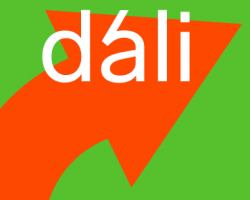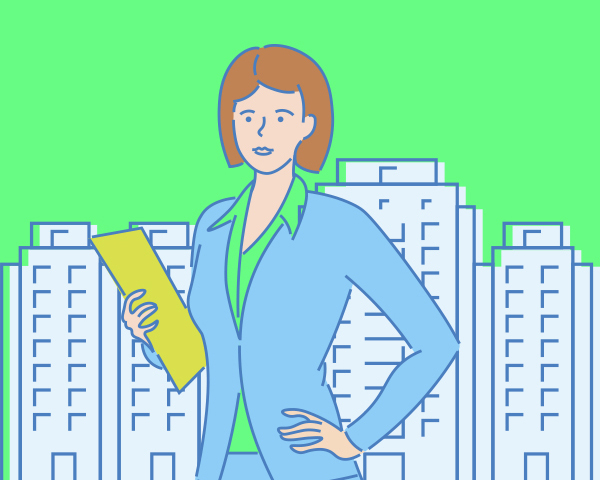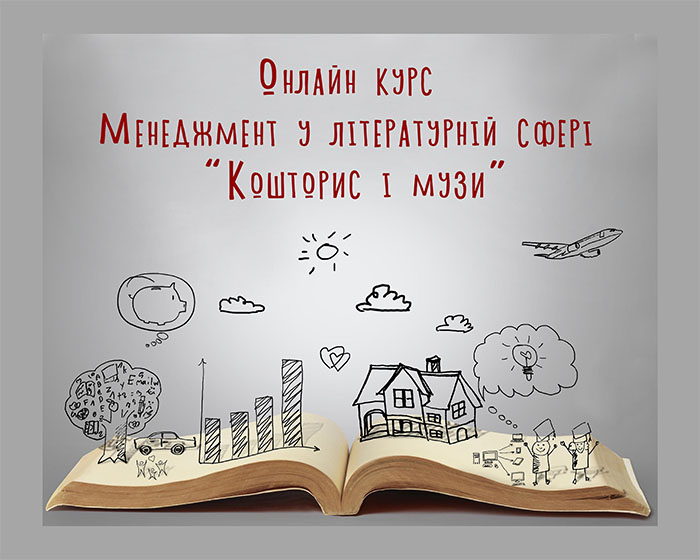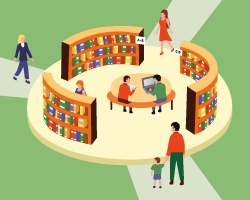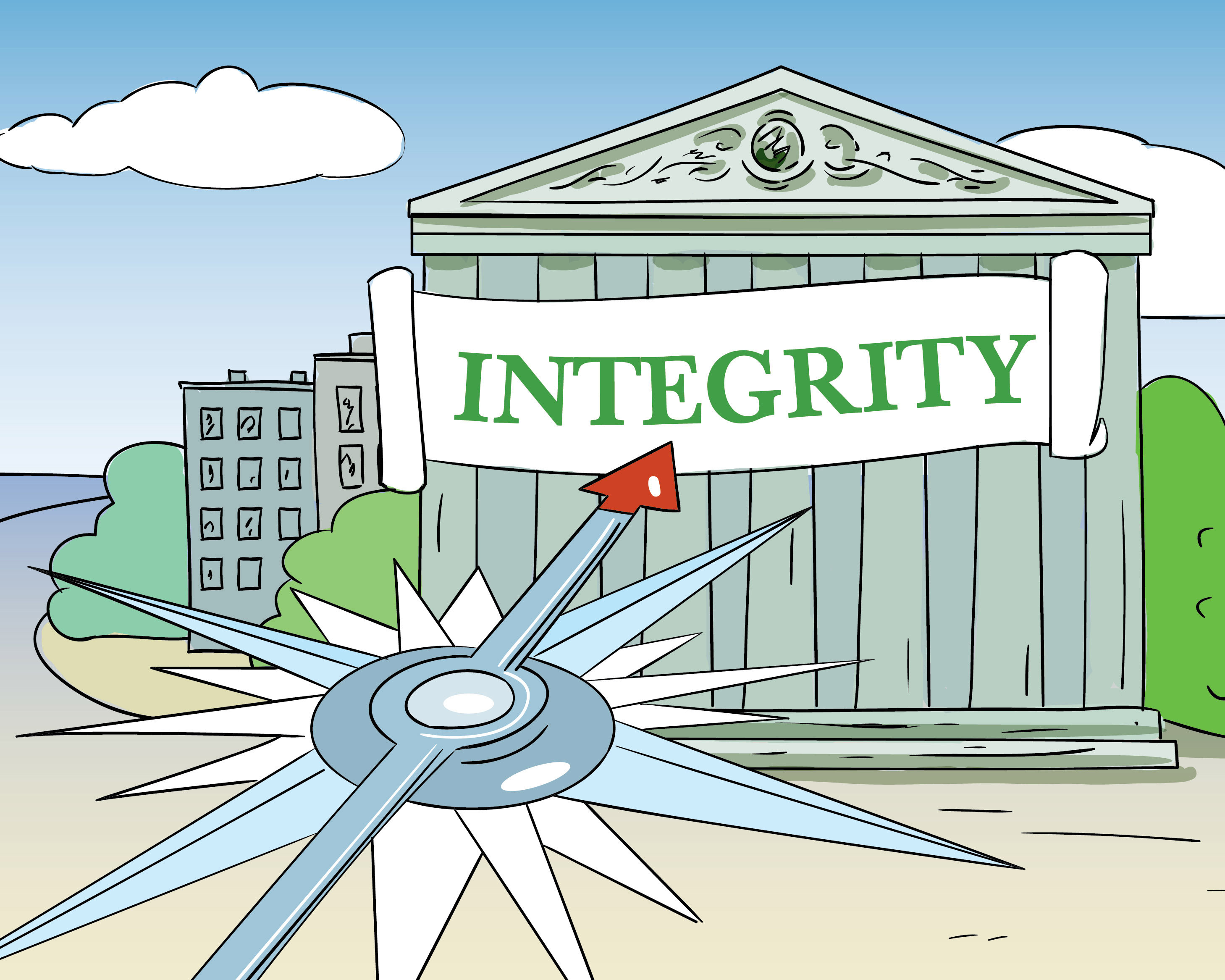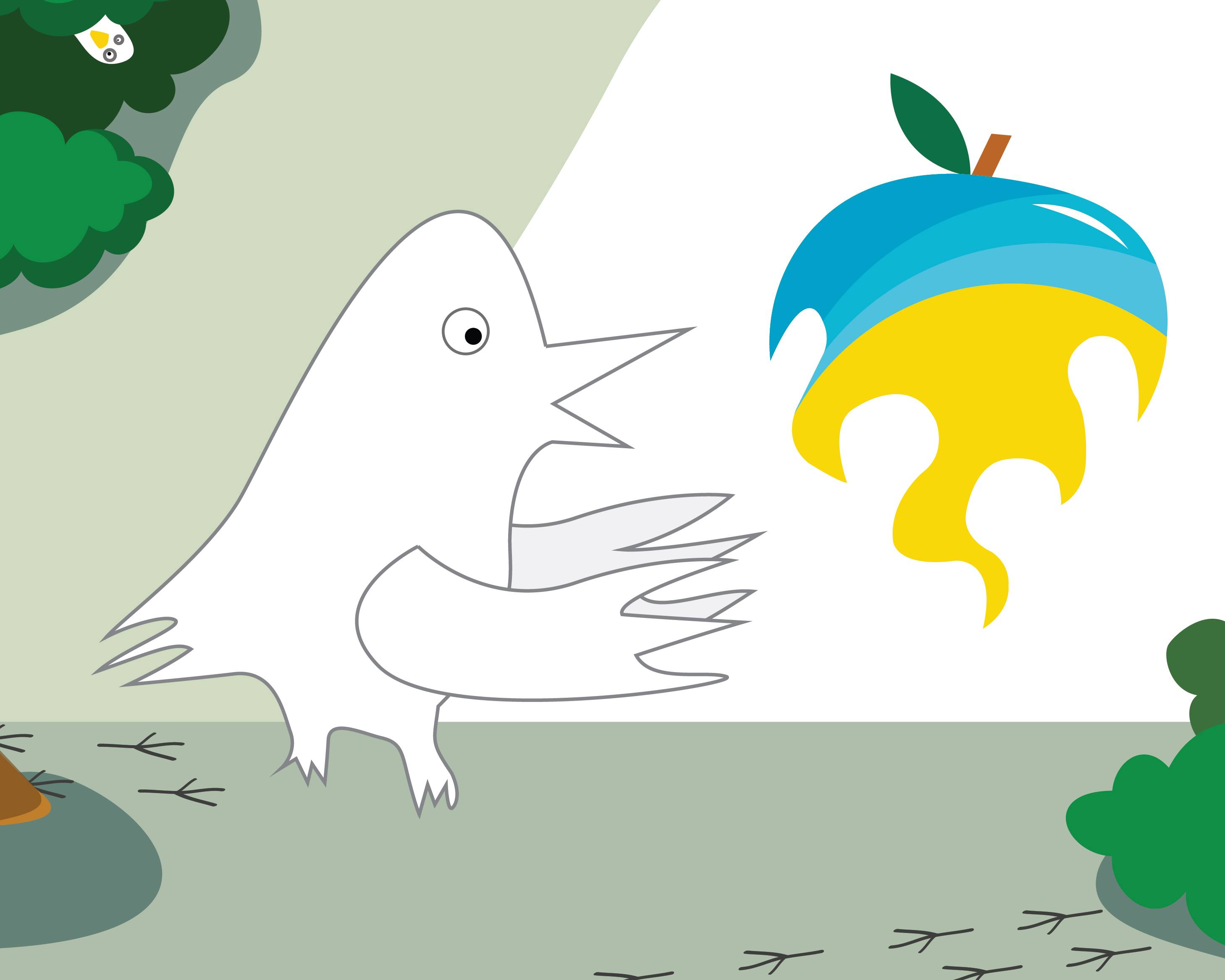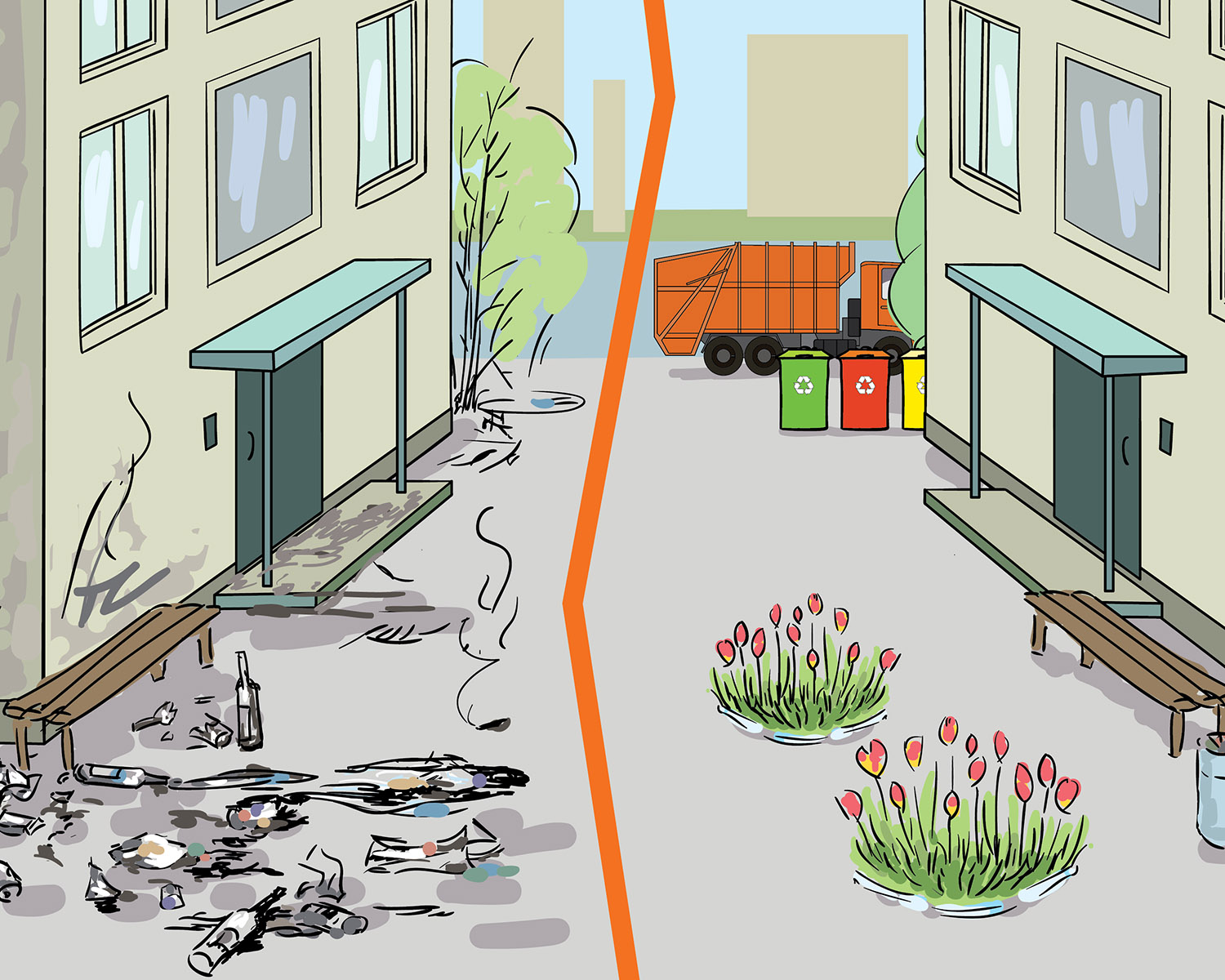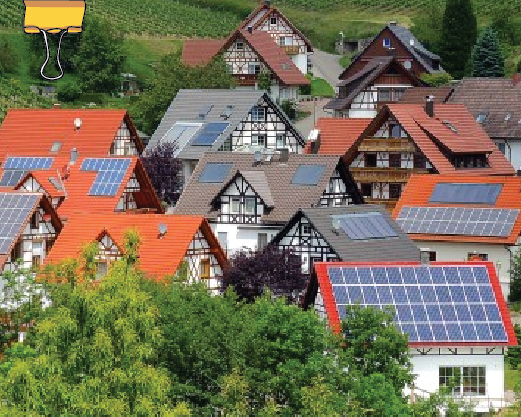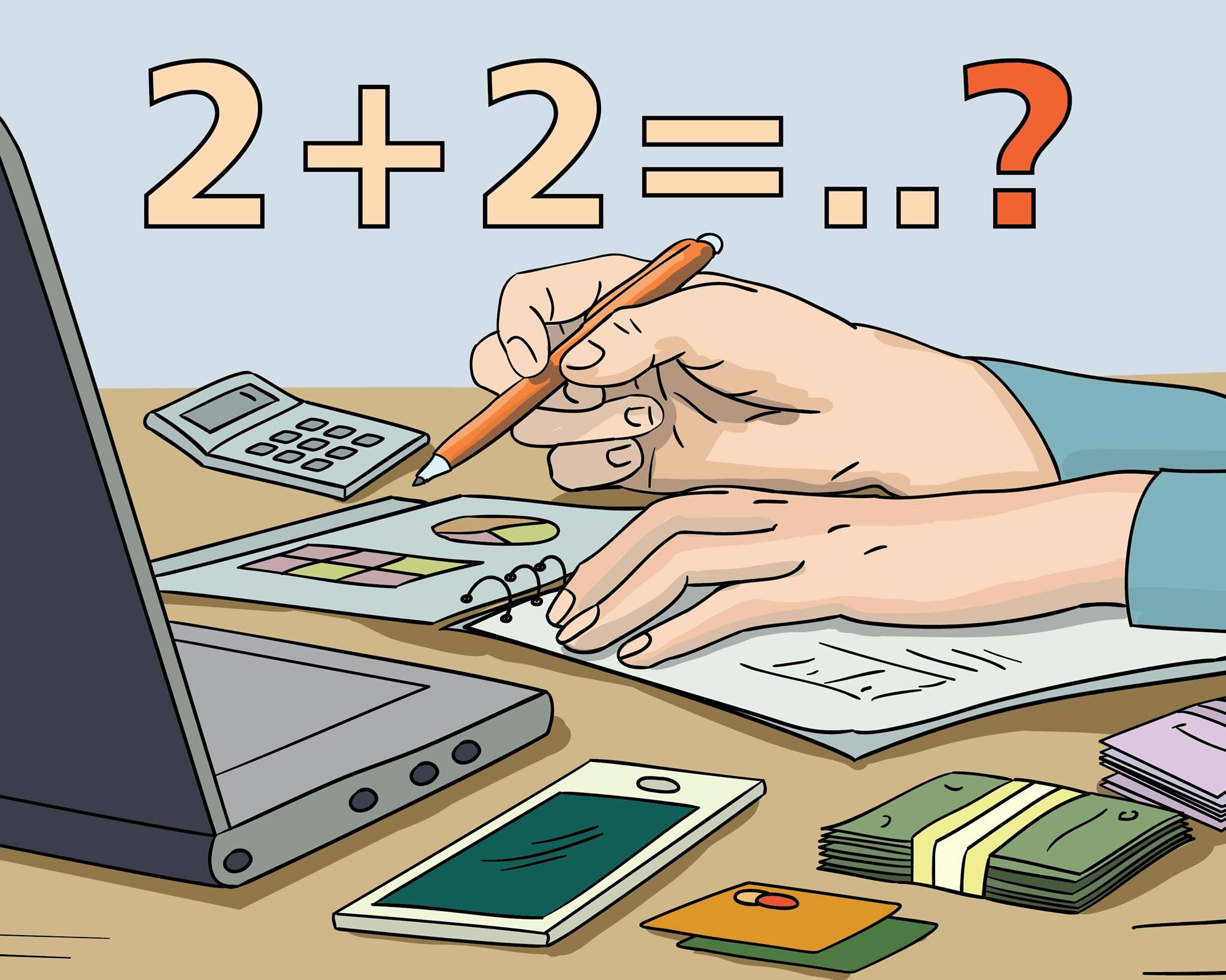Filtered by tag: Community formation and development
Online courses
The first experience of the Open University of Maidan (OUM) activities helped us to make several important conclusions. First of all, our team should apply different approaches and observe the issues from different perspectives to implement changes as it is hard to realize what will be needed in the process, what programs should be outlined and how to establish a systematic approach in one’s studying. Gained experience supported us in our decision to create “Concerned Activist’s School” educational program. This school is the result of facilitators', psychologists', activists', and leaders’ work. Implementing the experience of 26 events we had held all over Ukraine, we transformed the School into a branch of massive open online courses that provide a balanced and comprehensive base of knowledge about public activism, have straight structure and deliver simple and precise messages.
It is extremely crucial that “Concerned Activist’s School” as many other complex programs by the OUM is always changing and adopting concerning demands of the society and patterns of its development.
But how does it actually works? If you are interested in one of our massive open online courses and sign up for it, our platform automatically signs you up for all the online courses of this program.
Complex programs require not only the successful ending of the particular online courses but final assignment completing. When you end the course you may get your Certificate.
This part contains complex solutions of the issues in the civil society sphere. The main objective of the complex programs is to help us with an efficient understanding of the courses and experts effectiveness in answering complicated questions that are on your list. Topics of our courses may correlate with your particular problems and may be instrumental in the troubleshooting process.
The platform creates new opportunities for those responsible and active members of the communities who are ready to change themselves and their communities. Choose your program now and enjoy the education process on the OUM!
The online course “How to choose an apartment building manager” contains 6 useful lectures that will help the co-owners of an apartment building to put it in order and provide its quality service.
If the company that maintains your house is inactive, you are not satisfied with the services, the condition of the house becomes worse – it’s time to change the situation and hire proactive professionals and effectively monitor their work. How to do this? It is discussed in the proposed course.
It is intended for co-owners of apartment buildings and representatives of condominiums, as well as managers who want to improve their knowledge in this area and get useful advice. The course will be interesting for everyone who wants to learn more about the manager activities, the features of this status, as well as get step-by-step instructions for hiring a manager for an apartment building.
In this course participants will learn:
- Who is the manager and how do they differ from the “old model system”;
- What are the requirements for the status of the manager, what services they provide and how they should act during the service performance;
- How to hire the manager of an apartment building;
- How to organize the meeting of co-owners quickly and successfully;
- How to conclude a contract with the manager and monitor its services;
- How to comply with all legal requirements when changing the manager and terminating the contract.
The course “Act further: Sustainable development for civic activists” is part of an educational product developed by the United Nations Development Program in Ukraine with the financial support of the German Government through the Deutsche Gesellschaft für Internationale Zusammenarbeit (GIZ) GmbH, which also includes the courses “Sustainable development for businesses” and “Sustainable development for civil servants”.
This course is an opportunity to understand our own role in the process, regardless of age, position, profession or field of activity.
It is today that we need to create not only a reliable, comfortable world, but also the livable environment to pass it to future generations. The task is not easy. Therefore, we need new knowledge and visions of how to proceed - #dali.
The course provides the following understanding and skills:
- Ability to think in the categories of sustainable development.
- Awareness of personal responsibility for its own impact on sustainable development.
- Understanding the causal relationships between the economic, environmental and social components of public life.
- Understanding how to define the goals and objectives of sustainable development for your community, as well as how to involve stakeholders in the partnership.
- Willingness to play a transformational role and act as an integrator to achieve the Sustainable Development Goals in Ukraine.
This course is for those who want to make improvements in their apartment blocks.
The information is given in a simple way so each person can easily learn how to organize the management of an apartment block and understand what else the housing and communal services reform provides for co-owners of apartment buildings.
During the course, participants will be able to gain knowledge in particular on the following issues:
- What is an apartment building and what is the property of all the co-owners;
- How co-owners can operate their apartment block;
- How to hold a meeting of co-owners and arrange housekeeping;
- Who is the manager and how to attract or refuse his services;
- What is the difference between the manager and the housing office of the old model;
- How to create a condominium (apartment blocks joint owners association);
- What are the options for homeowners through condominiums?
- What does the reform of housing and communal gives for the co-owners of apartment buildings?
- What happens if the co-owners do nothing for the apartment block?
Sociologists say that 60% of adults in Ukraine in 2018 have not read any books. Some people think that it is a terrible situation and fall of the cultural level. For others, it is a challenge and possibilities to work with the huge audience that should be attracted to the literature perception and consumption.
- What are successful literary projects in our realities?
- What if the library has no visitors?
- How a publishing house can attract money?
- Is it possible to combine creativity, expenses and rational things?
If you are looking for ideas and ways to develop your library, this course is for you. There are valuable tips and innovations that can be implemented in life even with limited resources.
These are the examples that will help convince local governments that a wealthy community starts with the library. This is the vision that reliable partners will share with you.
The course is aimed at employees of small libraries (urban, district, rural), who sincerely seek the ways to make their library modern and open to different categories of users.
The online course was developed by the Ukrainian Library Association, with the support of the United Nations Peacebuilding and Reconstruction Program.
The UN Peacebuilding and Peacebuilding Program is being implemented by four UN agencies: The United Nations Development Program (UNDP), the UN Structure on Gender Equality and Women's Empowerment (UN Women), the UN Population Fund (UNFPA), and the UN Food and Agriculture Organization (FAO).
The program is supported by eleven international partners: The European Union, the European Investment Bank, as well as the governments of the United Kingdom, Denmark, Canada, the Netherlands, Norway, Poland, Switzerland, Sweden, and Japan.
The course is in Ukrainian. It is free of charge and opened to everyone!
Academic Integrity is a foundation of a high-quality education.
Higher Education in Ukraine is transforming and developing gradually. Implementation of the academic integrity principles in studying, teaching and science is a key element of higher education development.
We developed an online course about the Academic Integrity to let the students, lectors, scientists, managers, and directors of higher education institutions implement its principles in practice.
The course describes the following issues:
- What is academic integrity?
- What is plagiarism?
- How to avoid plagiarism in academic writing?
- What are the preconditions of creating an area of academic integrity?
- How to create an area of academic integrity in the university?
When teachers work in an ineffective educational system and have no idea how to improve the situation, there is no chance for changes in the education sphere. (Un)conferences are the EdCamp innovation model that offers one of the most effective ways to solve this problem.
The course participants will learn about modern methods of the school education improvement: from the value foundations and the explanation why EdCamp works – to a step-by-step plan for organizing such an event, with feedback and advice from educators who already have experience in the organization of the (un)conferences.
This course is for those who are:
- working in a school or kindergarten,
- really care about the education level of the Ukrainian children,
- ready to cooperate,
- trying to find a practical and effective tools for improving the skills;
- forming local educational communities, and transforming teacher initiatives into changes at the state level.
The problem of environmental pollution is actively discussed. But, at the same time, Ukrainians is not so experienced as Europeans and only begins to implement waste sorting measures. Many people do not understand how huge the problem is. If we do not start to solve it, the consequences can be catastrophic.
Ordinary Ukrainian family generates about 1.5-2 kg of household waste daily. What happens to this garbage next? How does it affect the environment? Is it possible to change the situation for the better?
The VUM online team gathered experts on the household waste management and representatives of key environmental initiatives of Ukraine. Together they developed the first free online course. There were no similar training programs in Ukraine before. The main goal of the course is to systematize the information concerning household waste and explain how Ukrainians can become more environmentally friendly.
The course is in Ukrainian. It is freely accessible and open to everyone.
Our course “Fundamentals of Energy Co-operation” explains how community members or self-organized groups can become owners of energy infrastructure to stay energy efficient and independent.
The Energy Cooperative allows citizens to meet their needs (both individual and community requests) related to energy consumption. These are the most varied needs – from providing the community with the necessary resources (wholesale purchase of firewood or fuel) to the production of heat and power from alternative energy sources. The financial effort of a community or a self-organized group provides tangible benefits to all its members. This instrument has already been used by hundreds of millions of people around the world (primarily in the EU and the US).
The course is in Ukrainian. It is freely accessible and open to everyone.
While developing this complex program, we aimed to overcome the stereotypes that are quite popular in our society. Many people may think like “Government will take care of my retirement”. But this is the wrong approach. Everyone should take responsibility for individual financial situation and its future development.
At the moment we offer the following courses in the program:
- Basics of Personal and Family Budget
- Credits for non-professional
- Financial Support of Management

